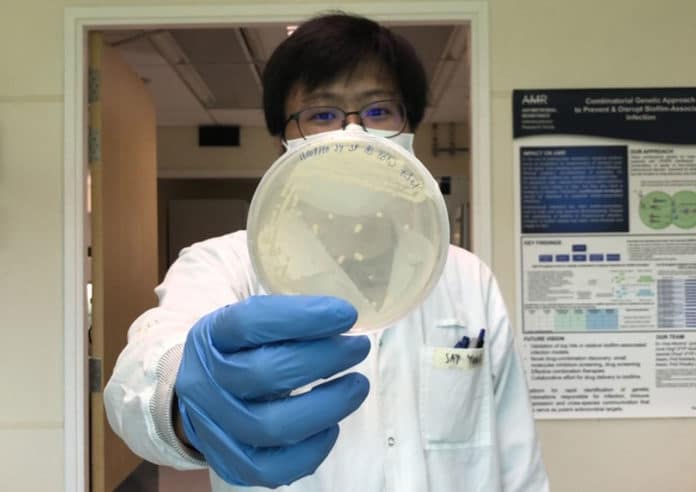Using hydrogen sulfide (H2S), scientists from the Singapore-MIT Alliance for Research and Technology (SMART) have developed a new way to reverse antibiotic resistance in some bacteria.
By adding H2S-releasing compounds to Acinetobacter baumannii, scientists found that instead of antibiotic tolerance, exogenous H2S sensitized the A. baumannii to multiple antibiotic classes. Acinetobacter baumannii is a pathogenic bacterium that does not produce H2S on its own. What’s more, it brought resistance in A. baumannii to gentamicin, a very common antibiotic used to treat several infections.
Wilfried Moreira, the corresponding author of the paper and principal investigator at SMART’s AMR IRG said, “Until now, hydrogen sulfide was regarded as a universal bacterial defense against antibiotics. This is a fascinating discovery because we are the first to show that H2S can improve sensitivity to antibiotics, and even reverse antibiotic resistance in bacteria that do not naturally produce the agent.”
Say Yong Ng, lead author of the paper and laboratory technologist at SMART AMR, said, “Acinetobacter baumannii is a critically important antibiotic-resistant pathogen that poses a huge threat to human health. Our research has found a way to make the deadly bacteria and others like it more sensitive to antibiotics and provide a breakthrough in treating many drug-resistant infections.”
According to scientists, this discovery can be mimicked in all bacteria that do not naturally produce H2S.
Scientists are now planning to conduct further studies to validate these exciting findings in pre-clinical models of infection and extend them to other bacteria that do not produce H2S.
Journal Reference:
- Ng Say Yong et al. Hydrogen Sulfide Sensitizes Acinetobacter baumannii to Killing by Antibiotics. Frontiers in Microbiology DOI: 10.3389/fmicb.2020.01875
